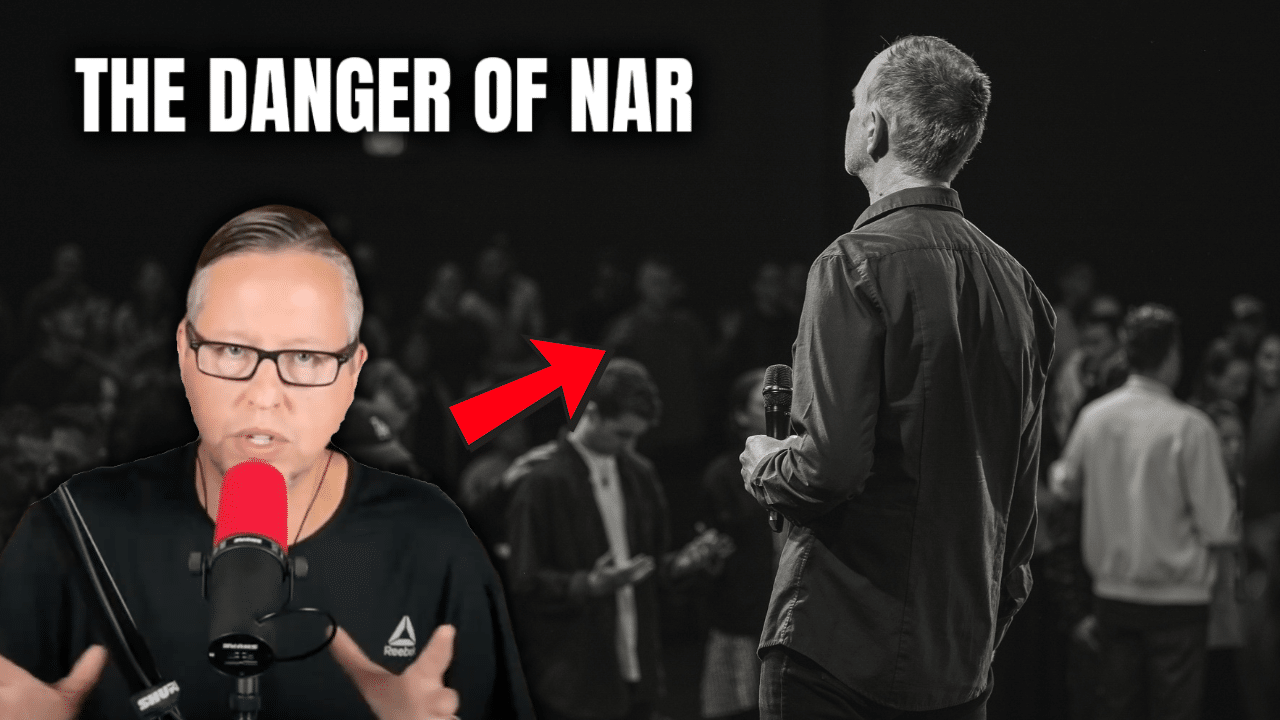A legal battle over religious freedom is underway in a small town outside of San Francisco, California, as a small group of Christians fight to re-install a 28-foot cross removed from a parcel of land last month.
A bench trial began Tuesday in a U.S. district court to determine whether the city of Albany Hill could invoke eminent domain to take the Lions Club’s easement, which has been used to access the cross for more than 50 years.
Since 1970, the cross has perched atop Albany Hill overlooking California’s East Bay. Dorena Osborn told the Washington Times it has been there since her father and another community leader sold 1.1 acres of land to the city.
According to FaithWire, The Lions Club was granted an easement as part of a 1973 deal. The land was turned into a public park and the cross was built.
For the last 52 years, the 28-foot metal-and-plexiglass cross has been lit up for Easter and Christmas. It has been a pillar for worshippers in the community.
However, the monument came under scrutiny in 2015 when East Bay Atheists began challenging the cross’s constitutionality. In 2017, Albany’s mayor also criticized the Lions Club for illuminating the cross for a 9/11 anniversary.
“I want to reiterate that neither the City Council nor the City of Albany endorses in any way the lighting of the cross for any occasion, religious or nationalistic, or supports its continued presence on public property,” said then-Mayor Peggy McQuaid in a 2017 statement.
In 2018, a judge ruled that the cross violated the Establishment Clause of the U.S. Constitution. The city was forced to either sell to a private party the small plot of ground where the cross rested or acquire the easement through eminent domain and remove the cross.
Last year, the city council unanimously voted to pass a resolution to acquire the easement instead of accepting the Lions Club’s offer to buy the small plot. A district judge granted the city’s request for prejudgment possession of the cross depending on the outcome of the Lions Club’s lawsuit over the eminent-domain action.









